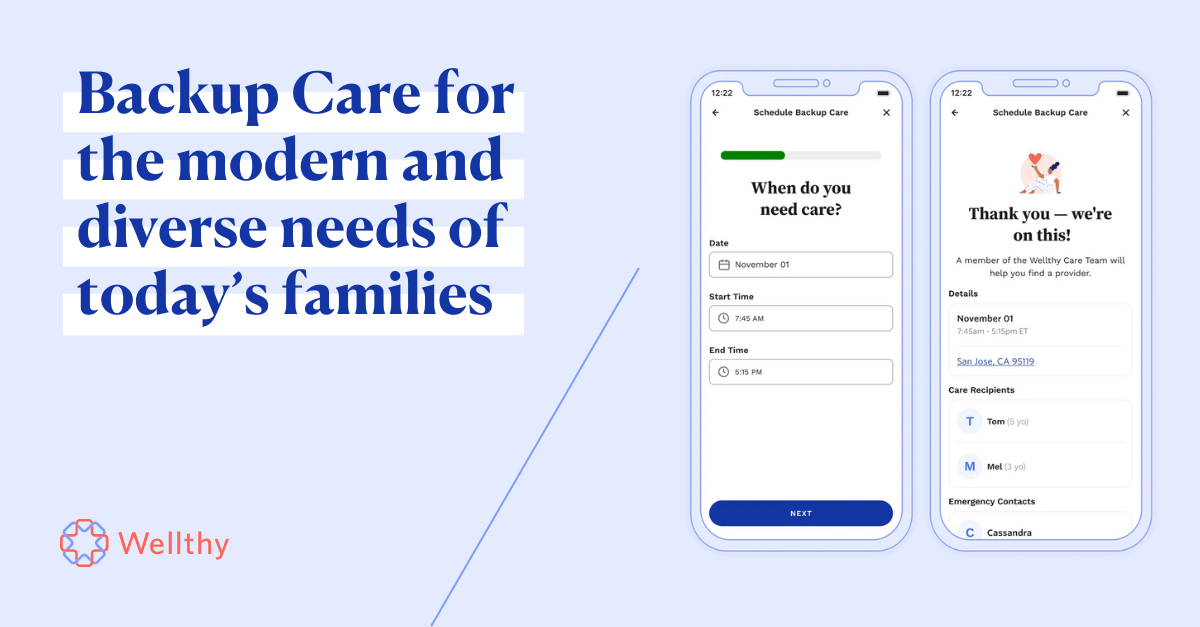Being a caregiver while balancing the demands of a job can be a recipe for burnout and distraction.
That's why—as CNN covered in this recent article—more and more employers are stepping up and working to ease the strain that caregivers in today's workforce face as they balance the demands of career with the demands of caregiving.
The "Care Crisis": A widespread challenge
The article highlights some stark statistics that underscore the scale of the caregiving challenge in today's workforce:
- Around 50 million people in the United States are taking care of adult relatives or friends
- 50% of working caregivers report getting in late, leaving early, or taking time off due to caregiving responsibilities
- 32% of employee caregivers have taken a leave of absence because of caregiving
- 37% of family caregivers have cut back on hours worked or switched to part-time in order to care for loved ones
The ROI of caregiving benefits
The CNN piece also spotlights research conducted by Harvard Business School professor Joseph Fuller, who used data from nearly 100 Wellthy clients to demonstrate the return on investment (ROI) for companies that offer caregiving benefits.
"When the average cost to replace those workers was 50% (of a person's salary), ROI was estimated to be roughly between 225% and 340%, with higher returns as cost to replace increases," Fuller noted in his study.
Professor Fuller's research has been one of the largest studies to date on the ROI of caregiving benefits, and provides overwhelming evidence that offering Wellthy as an employee benefit not only supports employees but also makes good business sense.
Looking ahead
Every day, more than 11,000 people reach the age of 65—a rate that will continue for the next decade. More than 70% of this population will need long-term care, and that care is going to be absorbed by millions of families—caregivers who will continue to balance care for their loved ones on top of demanding jobs.
As the CNN piece says so succinctly: "Given the high cost of replacing employees, reducing turnover can mean the cost of providing caregiving benefits will more than pay for itself."
Read more here at CNN: https://www.cnn.com/2024/10/06/business/employer-help-caregiving-wellness/index.html







